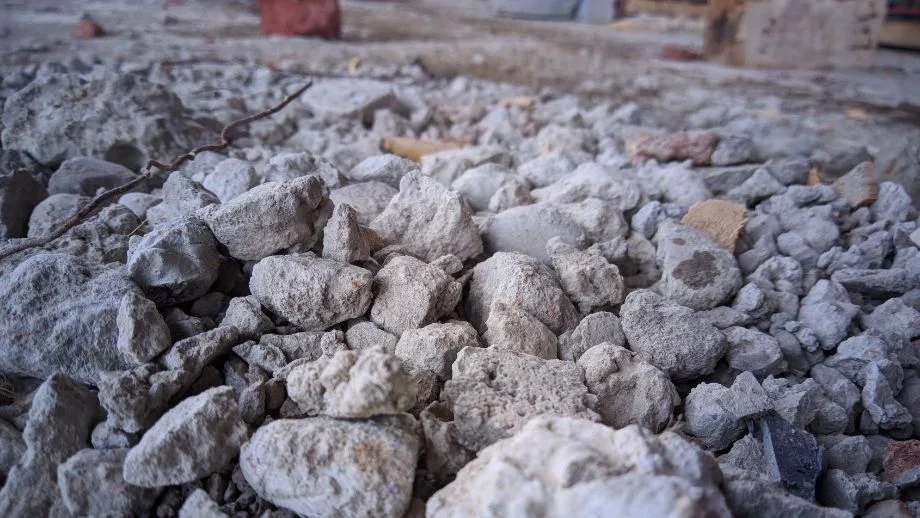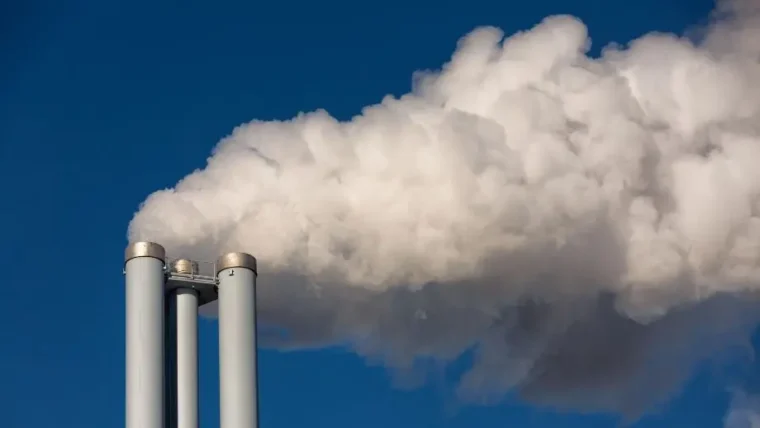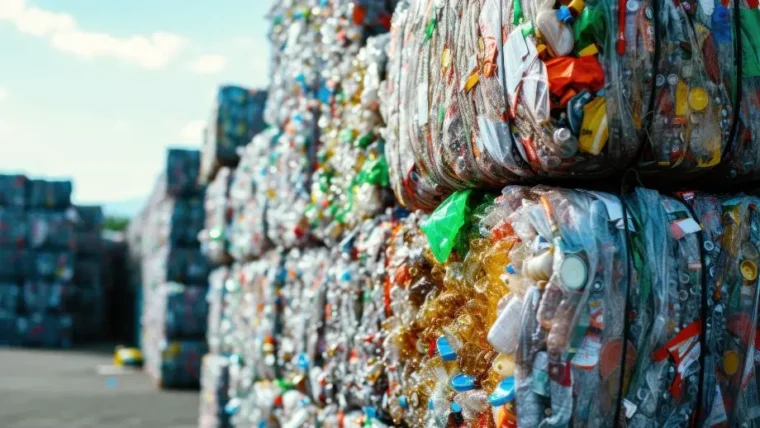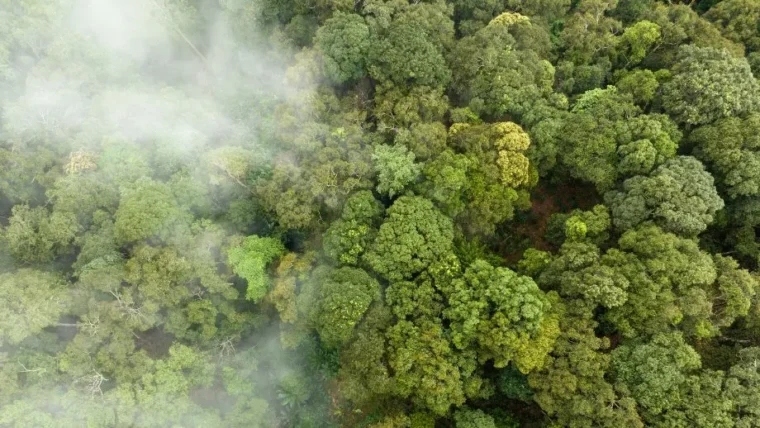Are you Compliant when using Recycled Aggregates on your site?
1 June 2016

When aggregate is recycled, for example, through crushing, you are treating a waste. When you use that waste, it comes under the Environmental Permitting Regulations 2010 and there are certain things you need to do to make sure you are compliant. This blog will take a look at the options for using recycled aggregate on a site while staying legally compliant.
Treating and using aggregate on a site
If you are treating aggregate ready for use on a site, you will be treating and using a waste. Under the Environmental Permitting Regulations, there are exemptions for these activities. In order to crush aggregate, you should register the plant for a T7 exemption with the local authority where you hold your principle place of business. This exemption allows you to treat waste bricks, tiles and concrete by crushing, grinding or reducing in size. When you are crushing on site, you should also notify the Local Authority of where and when you will be crushing aggregate. Evidence of both the T7 and the notification should be kept on site.
In order to use the aggregate you have crushed, you should register your site under a U1 exemption from the Environment Agency before you start using it. This exemption allows you to use certain wastes, under certain quantities in construction for up to three years. When using this exemption, you must abide by the limits and should check on the Environment Agency’s guidance as quantities are different for different material types. You will not be able to register more than one exemption to increase your quantity limits. If you have registered your site under U1, make sure you keep evidence for this on file too.
Buying recycled aggregates for use
If you are buying in aggregates that are recycled, you must be able to demonstrate that they have been recycled to sufficient quality that the aggregate is no longer a waste and is a product suitable for use. Your supplier must be able to confirm that the aggregate you are buying meets the Aggregate Quality Protocol. You should carry out certain checks on your supplier to make sure they are compliant. If your supplier cannot demonstrate they meet the Protocol to your satisfaction, you can still buy the aggregate, but it will be classed as a waste. This means it must be transported to site by a company that has a valid Waste Carriers Licence, you must have a Waste Transfer Note to accompany the transfer and you should use it under a U1 exemption. Make sure you keep all of these documents on file.
What if I can’t meet the limits of the U1 exemption?
If you cannot meet the limits of the U1 exemption, you may be able to use a Cl:AIRE Materials Management Plan. This document allows you to demonstrate that you are using a product, rather than a waste and therefore will have limited environmental risks. The plan is quite comprehensive and will need to be signed off by a ‘Qualified Person’ and submitted to the Environment Agency. One of our future blogs will discuss this in more detail.
If you are using recycled aggregates on your site, you need to make sure you meet certain legal requirements whereby you use the waste in an authorised way or you demonstrate it is not a waste and can be used as a product under the Aggregate Quality Protocol or by using a Cl:AIRE Materials Management Plan. Don’t forget to make sure you have all of the relevant evidence on file to justify your use. If you cannot meet any of these requirements, unfortunately, you will have to use virgin material.









